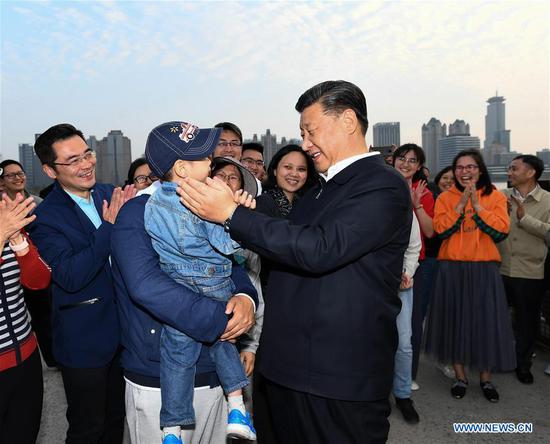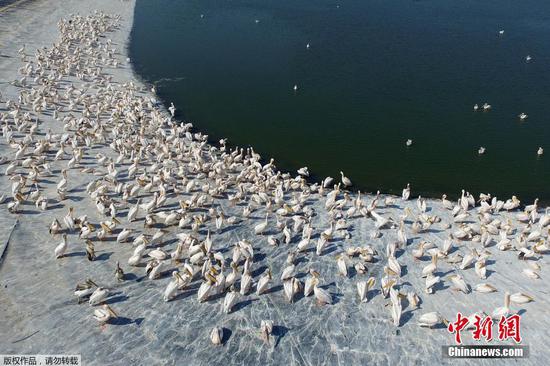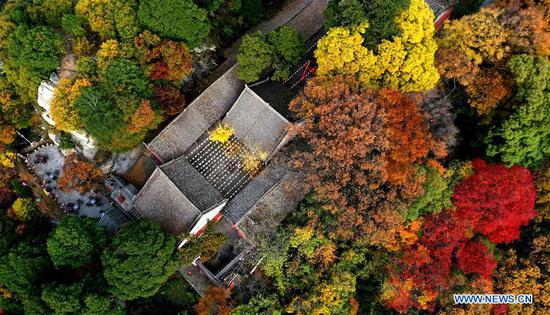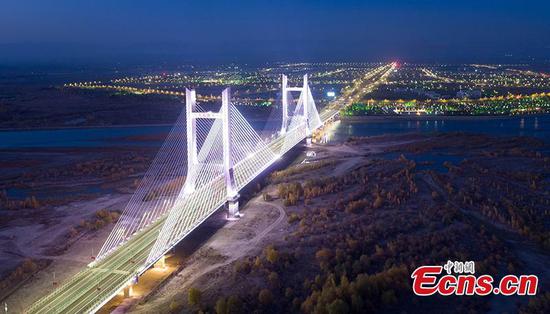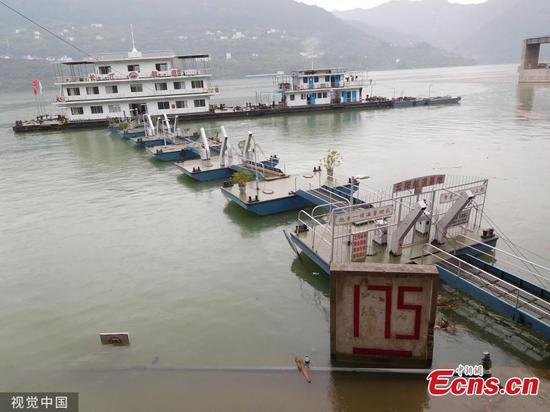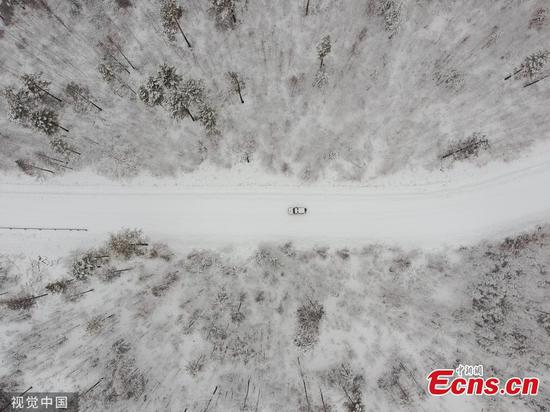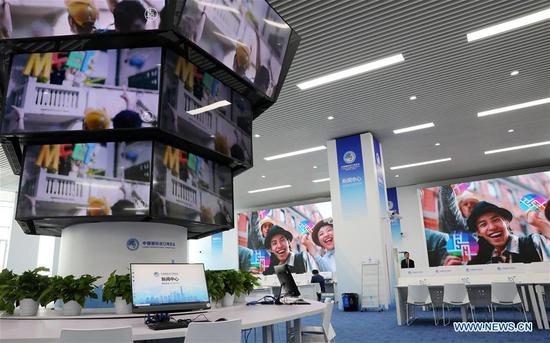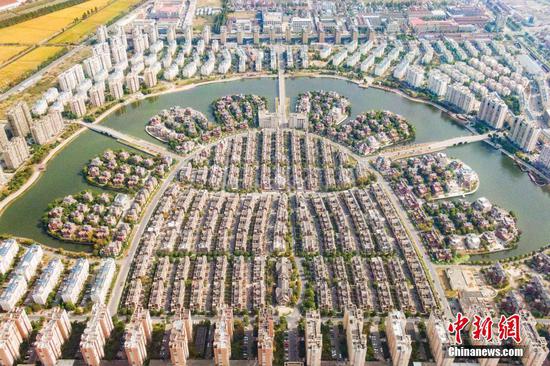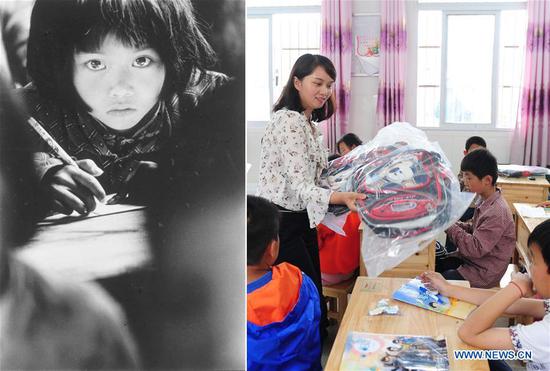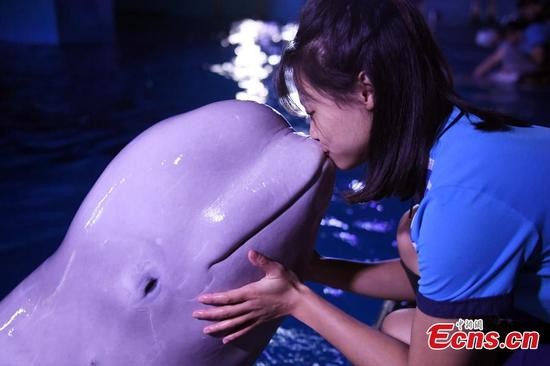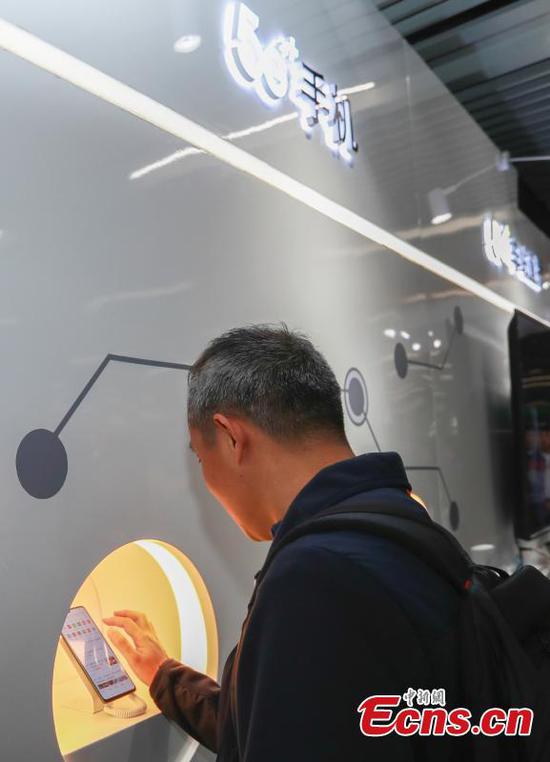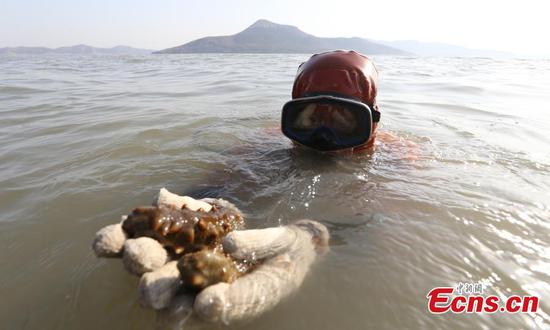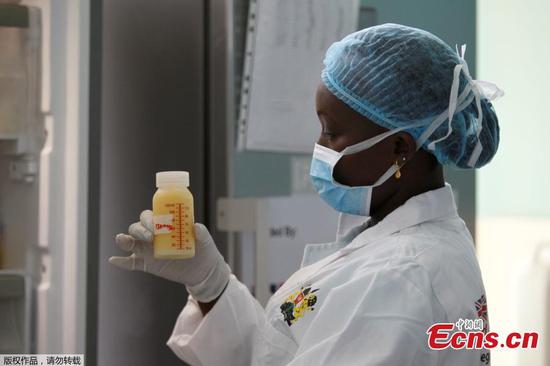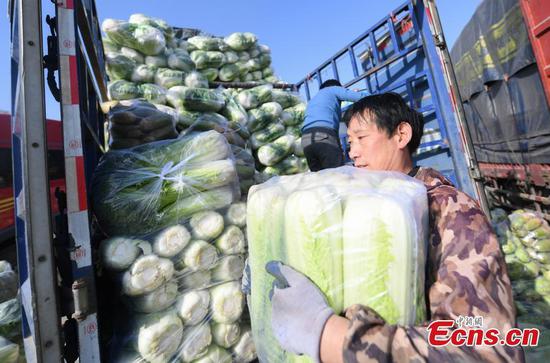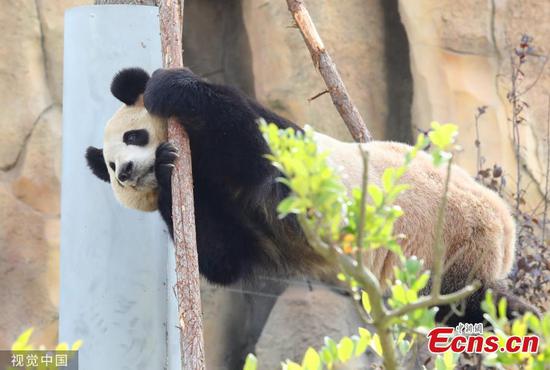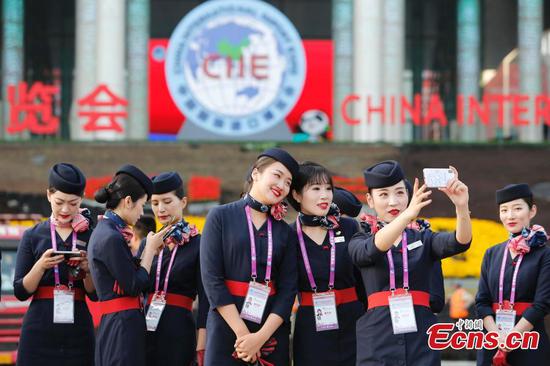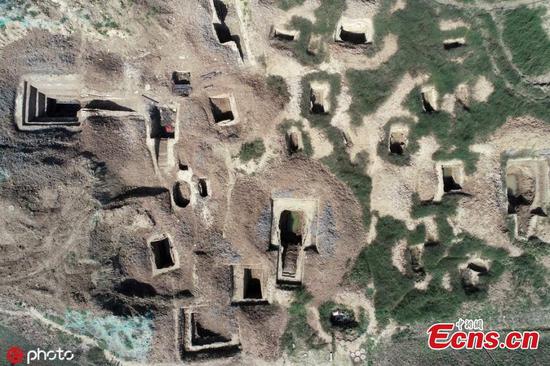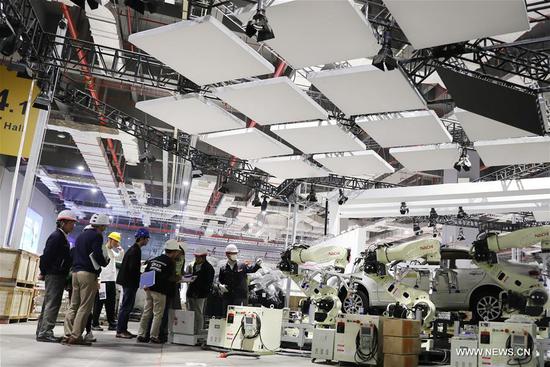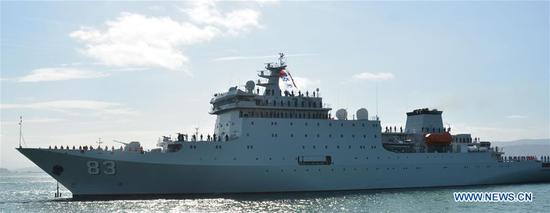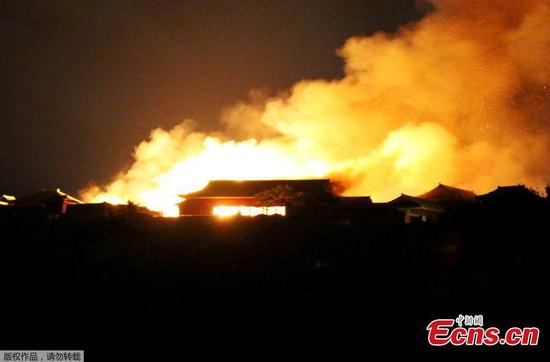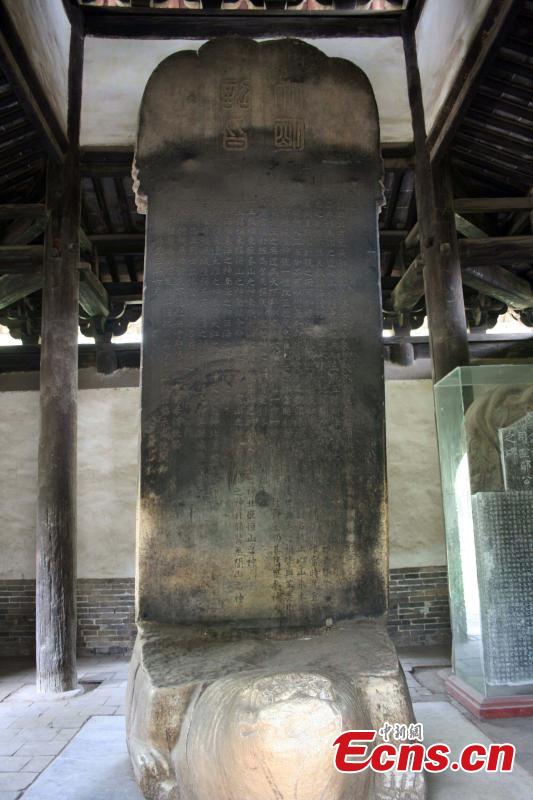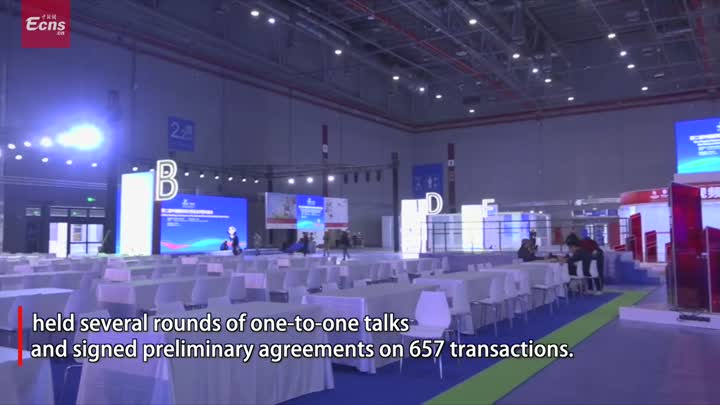French President Emmanuel Macron will pay a state visit to China from Monday to Thursday and attend the opening ceremony of the 2nd China International Import Expo in Shanghai on Tuesday.
During Macron's visit, China and France will discuss how to push forward pragmatic cooperation based on their common interest in maintaining the post-World War II world order and promoting shared economic development.
France established diplomatic ties with China in 1964, which helped improve relations between China and other Western countries.
As a major power in Europe, France has played an important role in regional and global affairs. And Macron seems determined to revive France's leadership in international relations. In line with Macron's vision, France and Germany cooperated to push forward the European integration plan after it suffered a setback in 2016 when people in Britain voted in a referendum to leave the European Union.
In fact, to play a bigger role in global governance, France has been taking a more active part in resolving major global issues such as the Iran nuclear deal-from which the United States has withdrawn-the Syrian civil war and climate change.
With the world witnessing the rise of unilateralism and protectionism in several countries, China and France have shouldered the responsibility to safeguard multilateralism, the existing world order and the United Nations mechanisms.
Besides, since China supports the European integration project, it has vowed to promote Sino-French cooperation, which in turn will help promote European integration.
On the trade front, Sino-French trade has yielded rich fruits since Macron took office. According to China's Ministry of Commerce, in 2018 the China-France trade volume reached a record high of $62.9 billion, up 15.5 percent year-on-year. While trade between China and France maintained a healthy momentum, French exports to China-especially agricultural products, pharmaceuticals, cosmetics and medium-and high-end clothing-increased rapidly.
Among the EU member states, France is the fourth-largest investor in China and the third-largest recipient of Chinese investment. In 2018, French direct investment in China grew 28 percent and Chinese direct investment in France 12 percent. Which means two-way investment, too, has maintained a sound momentum.
France's slowing economic growth rate and relatively high unemployment rate have led to social unrest, public demonstrations and rising populism, which have impeded France's economic reform. This means France needs to take immediate measures to boost its economy.
And given that China seeks to promote development by further opening up its economy, the two countries should deepen cooperation, in order to boost bilateral trade and achieve win-win results, which will give a shot in the arm to both countries' economies.
The common stance of Paris and Beijing on many global issues and their shared interest in global governance and economic development are important factors that can promote pragmatic cooperation between the two sides. In fact, China and France have already reached a cooperation agreement that will strengthen bilateral ties.
The two countries have also agreed to bolster the China-France comprehensive strategic partnership and deepen cooperation in both traditional and emerging fields including agriculture, finance, trade, nuclear energy for civilian use, aerospace, scientific and technological innovation, and eldercare.
Besides, the broad consensuses between China and France are likely to intensify bilateral cooperation in the future. And by deciding to attend the opening ceremony of China International Import Expo, Macron has indicated he is confident of China-France cooperation furthering common development and promoting globalization.
The author is a researcher at the Institute of European Studies of the Chinese Academy of Social Sciences. The views don't necessarily represent those of China Daily.









